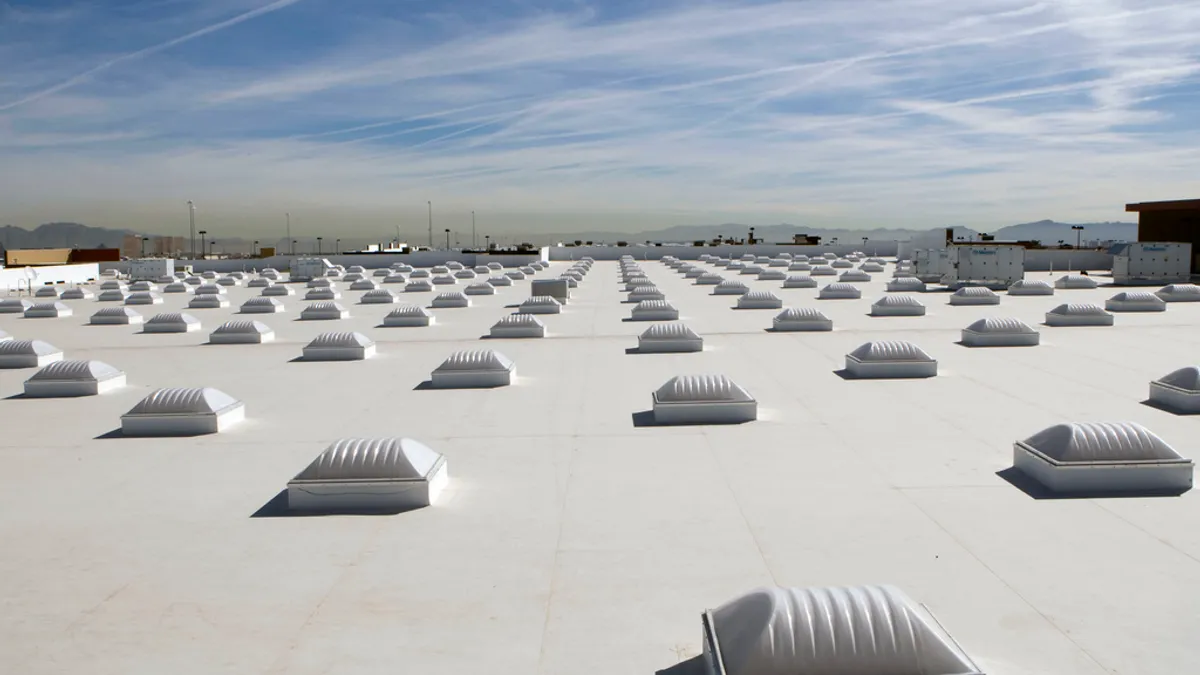Dive Brief:
- Both DTE Energy and Consumers Energy are extending their energy efficiency programs for at least two years, reports Crain's Detroit Business, despite the state's struggle to pass energy legislation this year.
- Michigan's Clean, Renewable and Efficient Energy Act, passed in 2008, will expire at the end of this year and leaves the state without a clear direction on whether it will continue to bolster renewable energy and efficiency requirements.
- This month, DTE Energy announced it would issue a request for proposals for a package of energy efficiency programs whose vendor contracts are about to expire; Consumers Energy has also confirmed it is taking steps to continue its energy efficiency programs.
Dive Insight:
Lawmakers in Michigan struggled to produce an energy bill, but eventually wound up putting it off until 2016 as the state's senate was unable to vote on legislation before the end of the year. That means the state's renewable energy and efficiency standards will remain at 10%, and the debate on whether to raise them will be taken up next year.
While most of the energy program's laid out in the state's landmark 2008 legislation will continue, renewable and efficiency standards will remain unchanged, instead of stepping up, as they did in recent years. That means the 10% renewables mandate and 1% annual efficiency target for utilities would stay in place with no new action.
Though some conversations in the legislature considered ending the efficiency requirements, utilities are forging ahead to continue efficiency offerings. DTE issued a statement saying the request for proposals it recently released "indicates the success and continuation of its current programs."
DTE said it will seek two-year contracts for programs that include appliance recycling; heating, ventilation and air conditioning, home performance with insulation and windows; and lighting and appliances. According to the utility, customers who participated in energy efficiency programs in 2014 will save $585 million over the lifetime of the upgrades, and its energy-efficiency programs also will result in $4.5 billion in customer savings and other economic benefits through 2029.
Consumers spokesman Dan Bishop told Crain's that the utility is extending its optimization program as well, which has been a success so far. The utility has helped elementary schools reduce their energy bills by more than $120 million, he said.
Michigan Gov. Rick Snyder (R) had pushed for an energy package to be completed by the end of this year, as the state has struggled with its partial deregulation market design and sought ways to boost renewable energy use. The House was able to put together legislation, but senators said they would not be able to properly review it before next year.
Last month, the Michigan House Energy Policy Committee passed amendments that included a 30% renewables goal by 2025 and a compromise which would keep the state's energy choice law at 10%. Environmentalists say the voluntary nature of the renewables goal leaves it ineffective.














